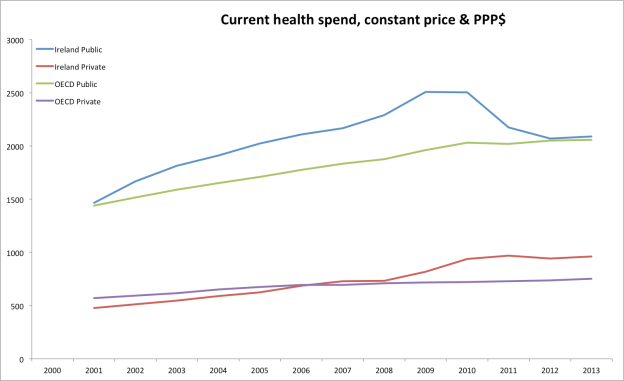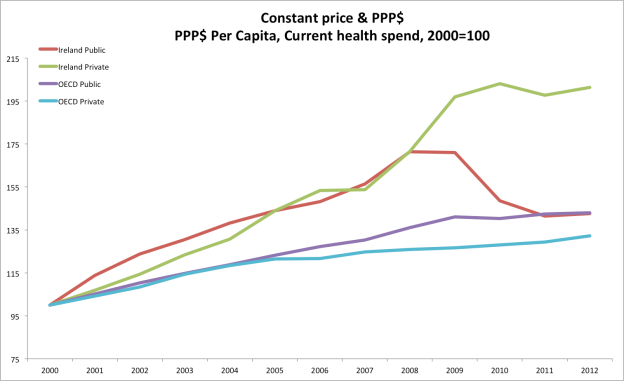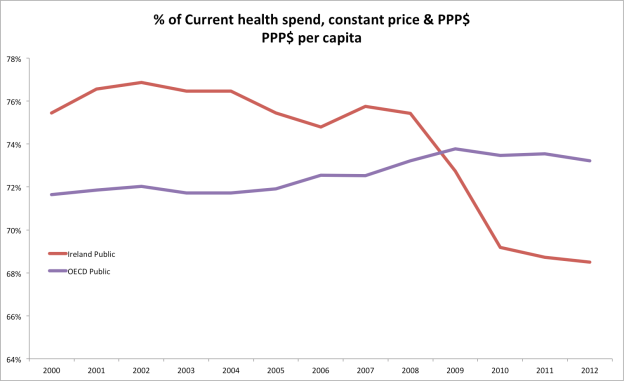In ancient Rome there was a political office called the Censor. His role was to act as a check on the membership of the Senate, to periodically oversee its membership and ensure that it was comprised of those eligible to be therein. He had the power to disbar, if someone didn’t meet the property franchise, if they had bribed or cheated (actually, been convicted of…) or were of insufficient moral fibre. We might, in this state, consider reintroduction of the office, with a twist. Continue reading
Monthly Archives: April 2016
The Four Phases of Fascism
So, Austria has in large numbers, voted right. Far right. Ally this to the Jobbik thugs in Hungary, the toxic religio-nationalist rhetoric of the Slovaks, the bubbling threat of the Golden Dawn, the slipping towards legal autocracy of Poland, the rise of Alternative for Deutschland, the rise of xenophobic politics in the UK (for that, at heart, is what drives Brexit), the rise everywhere of anti-migrant feeling, and one wonders – is fascism in all its varieties an endemic virus in most european countries? For all its many problems Irish politics has been remarkably resilient to the siren calls of the far right, for which we should be thankful.
A point that needs to be made is that the modern fascist doesn’t, mostly, wear snazzy Hugo Boss designed uniforms, but suits; doesn’t have an army of thugs, but of astroturfers; cloaks the vileness in honeyed words to avoid the anti-fascism legislation of the post WWII period and so can slip under the radar and into out parliaments quite easily. If you wonder whether someone is a fascist, you could do worse than apply the checklist of the magestic Umberto Eco : Ur-Fascism by Umberto Eco | The New York Review of Books
Meanwhile, here is my attempt at mapping where we are.

Trinity College Dublin: A Case of Rankings Abuse
Trinity College Dublin: A Case of Rankings AbuseTrinity College Dublin (TCD) is giving itself a public flogging over its fall in the rankings. This is rather odd since in fact it has been doing pretty well over the last few years with one exception.
It seems that TCD is doing the academic equivalent of taking a dive.
Ouchies…
Source: University Ranking Watch: Trinity College Dublin: A Case of Rankings Abuse
Jobbridge Use in Higher Education
Via Jack Horgan-Jones, and the Sunday Business Post, a list of all companies who have used the controversial Jobbridge programme was listed today. Jobbridge is a program of labour market activation whereby persons on unemployment get paid €50 extra to be placed in a otherwise fulltime position. It is supposed to be a training and reintegrating into the workforce scheme.
Included within are some higher education institutions. See below for the list. In total, 90,000 working days actual or proposed seem to have been used by these institutions. Im pretty conflicted by this. At one level job activation schemes are a good idea. But without careful monitoring they become a way for workers to be exploited and for employers to get cheap work done that might otherwise have to paid full market rate.
Taxing Wages – OECD 2015
Just released today. So, lets see how Ireland groans under a uniquely high burden of wage taxation shall we. Lets look, for illustrative purposes, at a single income average wage earner. Continue reading
Inside the mind of the rich…. maybe not such a pleasant place.
 Dangerous thinking. Apparently thats what I am engaged in. It makes a change I suppose. This charge arose in a twitter discussion on my proposal to tax the bejazuz out of the hyper wealthy, the billionaires. Keith, a member of Renua, is agin this. Fair enough, but his charge and concern is that I am unfairly casting the billionaires as cold hearted and grasping. But… they may well be. Lets look at some evidence on the psychological aspects of wealth. Continue reading
Dangerous thinking. Apparently thats what I am engaged in. It makes a change I suppose. This charge arose in a twitter discussion on my proposal to tax the bejazuz out of the hyper wealthy, the billionaires. Keith, a member of Renua, is agin this. Fair enough, but his charge and concern is that I am unfairly casting the billionaires as cold hearted and grasping. But… they may well be. Lets look at some evidence on the psychological aspects of wealth. Continue reading
Who needs billionaires?
 The rich are and have always been different. I suppose that we should be grateful that they are now just stealing our money not actually eating us, evidence recently suggesting that the emergence of highly stratified societies and cannibalism were contemporaneous. Back in the day the chief used the threat of a dissident becoming supper (for the gods, of course, the prime cuts being eaten by he and his cronies purely as a ritual, you understand) ; now we have threats of FDI withdrawal, slowing economic growth and a generalized “project fear”, combined with a conflation of the mildest tinge of socialism with the advent of a new yezhovshchina whenever anyone begins to suggest that taxing the bejazuz out of the wealthy might not be a bad idea.
The rich are and have always been different. I suppose that we should be grateful that they are now just stealing our money not actually eating us, evidence recently suggesting that the emergence of highly stratified societies and cannibalism were contemporaneous. Back in the day the chief used the threat of a dissident becoming supper (for the gods, of course, the prime cuts being eaten by he and his cronies purely as a ritual, you understand) ; now we have threats of FDI withdrawal, slowing economic growth and a generalized “project fear”, combined with a conflation of the mildest tinge of socialism with the advent of a new yezhovshchina whenever anyone begins to suggest that taxing the bejazuz out of the wealthy might not be a bad idea.
Continue reading
The Financial Economics of Silver, Platinum and Palladium
A public talk :When Entrepreneurship leads to Acquisitions: Entrepreneurial Recycling or Acquisition Risk?
Global expert in Entrepreneurship , Professor Dawn DeTienne will give a public talk on the issue onTHURSDAY 14th 1700-1900 Synge Theatre, Arts Building, TCD.
When Entrepreneurship leads to Acquisitions: Entrepreneurial Recycling or Acquisition Risk?
See below Continue reading
Health Care Spending Ireland v OECD
Theres perennial talk on how we do, or do not, allocate more , or less, money to health care than the OECD.
Lets take a look, via the OECD Stat Bank. Im looking at constant prices constant purchasing power parity data – adjusting for inflation and for the fact that a dollar buys less in one country, more in another. In other words, its as close to a universal scaling across countries and time as can be gotten. Im looking at current spend, in other words the running of the system. All data from http://www.oecd.org/els/health-systems/health-expenditure.htm
First, it is the case that we are, overall, spending more than the OECD average.

Like all things however the devil is in the detail. When we look at the breakdown of this spend into public and private sources we see quite an interesting picture.

We can see the precipitate decline in public spend post 2008. This is starkly illustrated if we rebase.

The shift is very clear with private sources taking up the fall. Public spending on a per capita basis on current health spending has taken a mauling.

Health spending overruns from the Dept of Health vote has been the source of much angst. We can no longer, under EU rules, have as we have had supplementary budgets to top up the (low) spend. So we will either have to
a) make significant increases in public current health spending , unlikely in the fiscal space we are in but something which FF and the various independents would like to see and which would cut into other putative spending plans OR
b) allow the mix to continue to move as it has towards increased reliance on private sources, something which would please FG but which will be at the cost of increased chaos in the public health system.
Either way, its going to be interesting.
